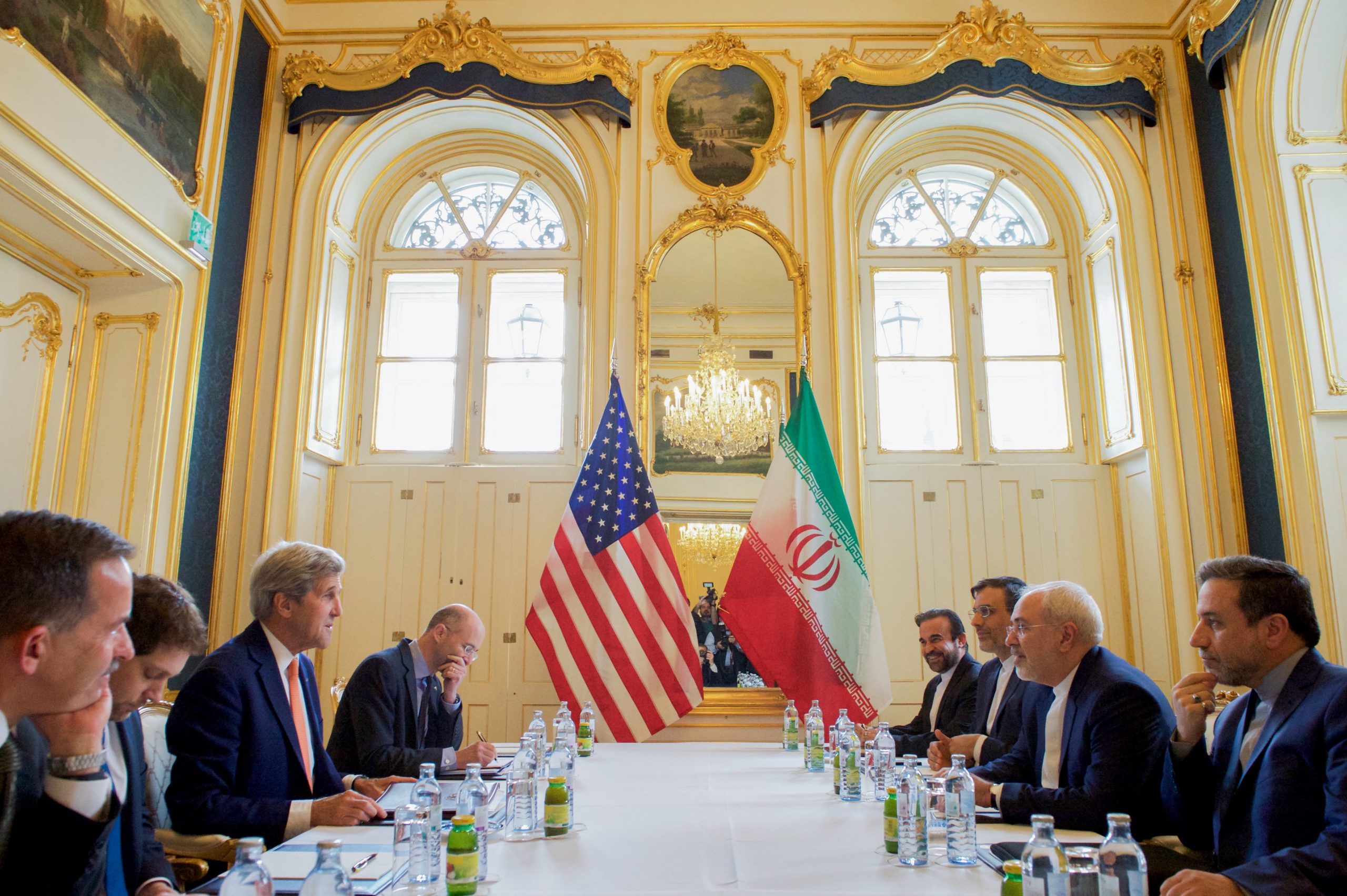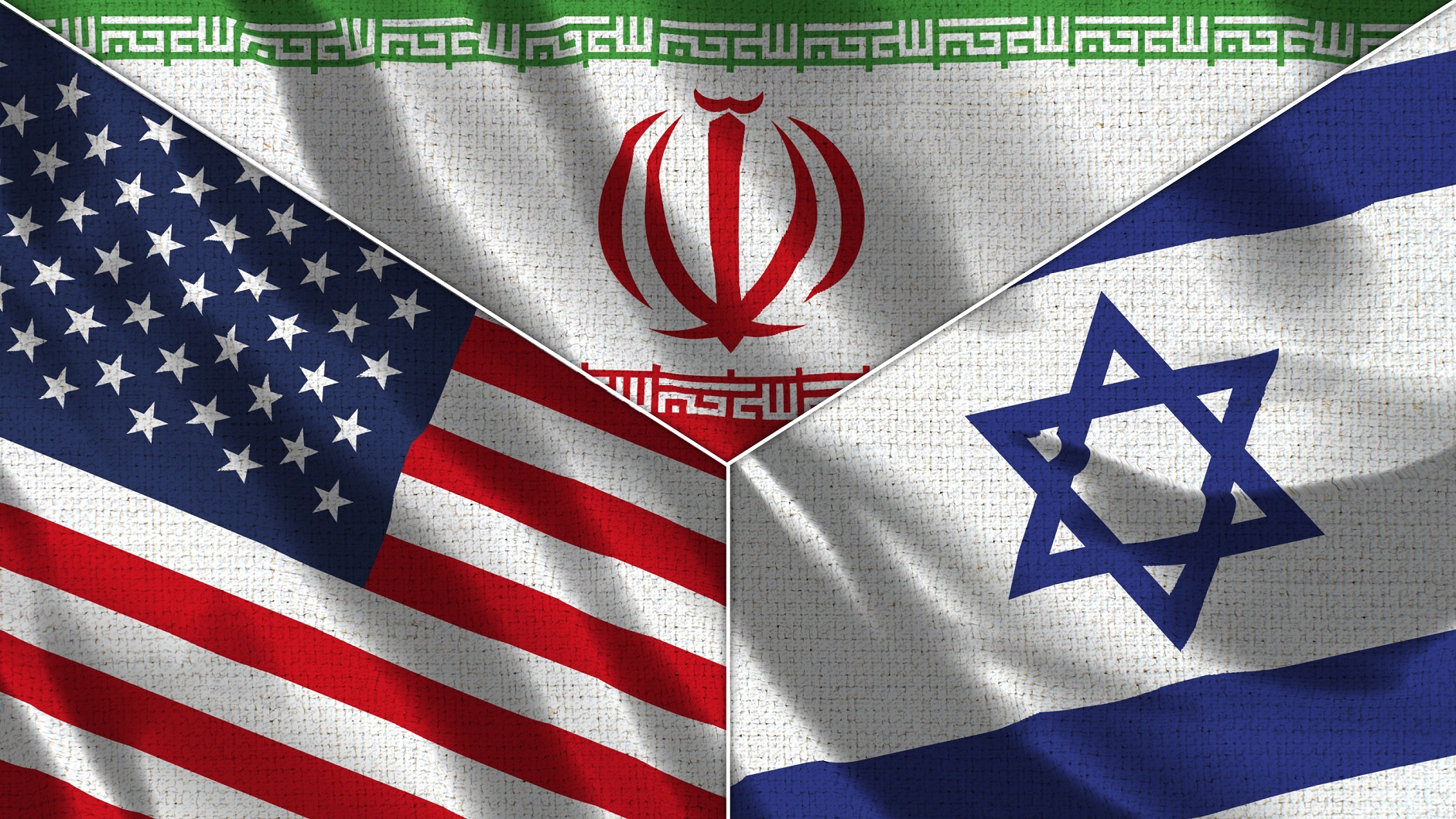Publications
INSS Insight No. 1423, January 11, 2021
Senior members of the incoming US administration have stressed that they intend to advance a return by the United States to the nuclear deal with Iran, as well as a lifting of sanctions, if Iran returns to its obligations under the agreement. Iran, for its part, clarifies that there is no room for negotiation on an improved agreement, and it has already raised the level of uranium enrichment at Fordow to 20 percent, as a means of putting pressure on Biden. It appears that Israel has for the time being chosen to publicly challenge the incoming administration on its Iran policy, rather than adopting a policy that would allow it on the one hand to present legitimate reservations, and on the other to offer constructive proposals. Inter alia, Washington can be encouraged to take intermediate steps that would leave it leverage for the future, and urged to condition the removal of sanctions on an Iranian commitment to dialogue on improving the agreement. However, the more resolutely and loudly Israel opposes the administration’s policy, the more likely it is that the administration will be quick to actualize its intentions with Iran in order to establish facts on the ground. Either way, there is no point in returning to an approach that has already failed in the past, in hope for a better outcome this time. Israel’s emerging conduct and initiatives are expected to largely define the nature of relations between the two countries over time, the level of US attention to Israel’s positions, and the degree of Israel’s impact on United States strategy.
In advance of the new United States administration taking office, President-elect Joe Biden, Secretary of State-designate Tony Blinken, and National Security Advise-designate Jake Sullivan continue to stress that they intend to advance a return to the nuclear deal, including the lifting of sanctions on Iran placed by the Trump administration – assuming that for its part, Iran returns to full compliance with its obligations under the agreement. The US officials note that the return will then allow negotiations to begin on a new agreement, which will extend the validity of the restrictions imposed on Iran. In a press interview, Biden stressed the importance of uranium enrichment restrictions and added that the issue of missiles and Iran's problematic activities throughout the Middle East should also be discussed. The measures to persuade Iran to renegotiate a new agreement have not been detailed, but it is emphasized that if Iran refuses to do so, it will once again find itself under the proven pressure of sanctions.
The other partners in the nuclear deal – including France, Britain, and Germany – and Iran stressed in a joint statement by their foreign ministers that they acknowledge the possibility of the United States returning to the agreement and promise to cooperate with that effort. Earlier, European sources urged the United States and Iran to return the agreement, and averred that only then will it be possible to start talking about a new agreement. For its part, Iran reiterates at the highest levels that it does not intend to renegotiate the agreement but will return to its commitments if the sanctions are lifted. At the same time, Tehran continues to take escalating measures and announced that it has already begun enriching uranium up to 20 percent at the enrichment facility in Fordow.
Israel has repeatedly underscored its opposition to a return to the agreement. Prime Minister Benjamin Netanyahu stated that there must be no return to the previous nuclear agreement, and an uncompromising policy must be maintained to ensure that Iran does not develop nuclear weapons. It seems that for now, in the face of the apparent determination of the new administration to return to the agreement, Jerusalem has chosen a public confrontational approach, instead of adopting a more realistic approach that would allow legitimate reservations and constructive proposals that could be heard in Washington. However, a new administration in the United States, and in particular its position on the nuclear issue and the question of the nuclear agreement, requires Israel to reformulate its strategy in these contexts, which are critical for its national security.
Incoming Nat'l Security Adviser @jakejsullivan was instrumental in laying groundwork for the Iran nuclear deal. Does he think the US & Iran can get back in it?
And how will @JoeBiden approach Afghanistan & the Taliban?
Pt. 3 of my conversation w/ Sullivan, from today's show: pic.twitter.com/QZDUYC13lo
— Fareed Zakaria (@FareedZakaria) January 3, 2021
Even if senior administration officials are eager first to revive the agreement and then work to improve it, they are still debating ways toward this objective and are willing to discuss and consult with allies in the Middle East. This comes from a clear interest in trying to mobilize support from Israel and the Gulf states for its policies and ensuing measures, both regarding the matter itself and as part of the need to mobilize support in Congress.
Israel and the Gulf states share an interest in preventing the immediate complete removal of sanctions without appropriate compensation from Iran. Thus, there is room to coordinate positions and present them separately and together to the Biden administration. In this context, Israel must take into account three main issues: first, the weakness of the status of the Gulf states, and especially of Saudi Arabia, among incoming administration officials, including in the eyes of Biden himself as well as in Congress (also among some Republican representatives); second, the Gulf states fear Iran and prefer to take steps that will not lead to a destructive war; and third, Israel and the Gulf's regional priorities are different, as while Israel sees the Iranian entrenchment in Syria and the aid that Iran presents to Hezbollah as a key issue on its security agenda, Saudi Arabia and the United Arab Emirates see the Iranian consolidation in Iraq and aid to the Houthis in Yemen as a major source of concern.
Even if the goals of the Biden administration and those of Israel converge – striving to halt the progress of the nuclear program and block Iran's path towards a military nuclear capability – the countries diverge on how to proceed. The United States wants to return quickly to the nuclear deal, while Israel strives for the United States to take advantage of the leverage created by the Trump administration to continue to pressure Iran to enter into negotiations that will lead to an improvement in the agreement. Contrary to Israel's position, the Biden administration argues that it has been proven that the United States can return on its own and relatively easily to sanctions if Iran refrains from discussing a new deal. The United States wants to focus on the nuclear issue and at the same time perhaps chart a course to discuss regional issues. Israel fears that a nuclear-only agreement will prevent dealing with issues related to Iran's regional policy.

Israel can legitimately present its position to the new administration, namely, that an unconditional return to the agreement will ease the pressure on Iran and in practice the leverage will be lost, along with any possibility to persuade Iran to accept changes in the agreement. Therefore, it is important that Israeli proposals be worded in a positive way (which can be done), and not just in a negative way (which must not be done). Instead of a full return to the agreement, Israel can suggest to the administration to promote, in the first stage, a freeze on the current situation in exchange for easing Iranian oil exports, in conjunction with starting a discussion on problematic issues in the agreement in order to improve it. Although Tehran threatens to reject any offer that is not a full US return to the agreement, it may find it difficult to refuse an offer that will yield it financial benefits.
If the administration persists in its intent to return immediately to the agreement, Israel could propose that Iran be presented with a US demand to commit to a further discussion of the terms of the agreement, with an emphasis on three main points; extension of the sunset clauses for at least 30 years, including an examination every five years on adherence to the agreement and the possibility of extension; a freeze on research and development of new centrifuges; and increased supervision by the IAEA.
For Israel, the nuclear issue is a top priority over other issues related to Iran, and therefore insistence on including them in negotiations with Iran could cancel the ability to quickly reach agreements in the nuclear realm. Moreover, the connection between the nuclear issue and regional issues may spur attempts to deal with them at the expense of the nuclear issue. The new administration still seems to be debating the right way to include the issue of Iran's missile arsenal and its regional activities in future agreements. In any case, however, it is important for the United States to make it clear to Iran that its activities against US interests and that of its allies in the region will be met with a harsh response, regardless of discourse on the nuclear issue.
While Israel has the right to present its interests, it is still important how it does so. Conducting a public campaign instead of a matter-of-fact and discreet discourse is expected to escalate into a confrontation that is undesirable for both Jerusalem and Washington, certainly at the outset of the new administration. Israel's interest is first and foremost to prevent harm to relations and mutual trust, and avoid risking any future influence on negotiations between the United States and Iran. Moreover, making disagreements public could dampen Israel-US relations throughout the Biden administration and affect Israel's ability to influence decision making in Washington on other issues unrelated to the Iranian nuclear challenge.
The bottom line is that the more reasonable Israel's demands are, while taking into account the positions of the incoming US administration and its interests, and the more they are presented diplomatically and not confrontationally, the more likely that Washington will consider them. On the other hand, the more resolutely and loudly Israel opposes the administration's approach, the more likely it is that the administration will be quick to actualize its intentions with Iran in order to establish facts on the ground. Either way, there is no point in re-adopting an approach that has already failed in the past in the hope for a better outcome this time. Israel's conduct and the initiatives it will take in the context of the US position on the Iranian nuclear issue are likely to largely define the nature of relations between the two administrations over time, the extent of Washington's consideration of Israel's positions, and the scope of Israel's impact on US st strategy and policy.



